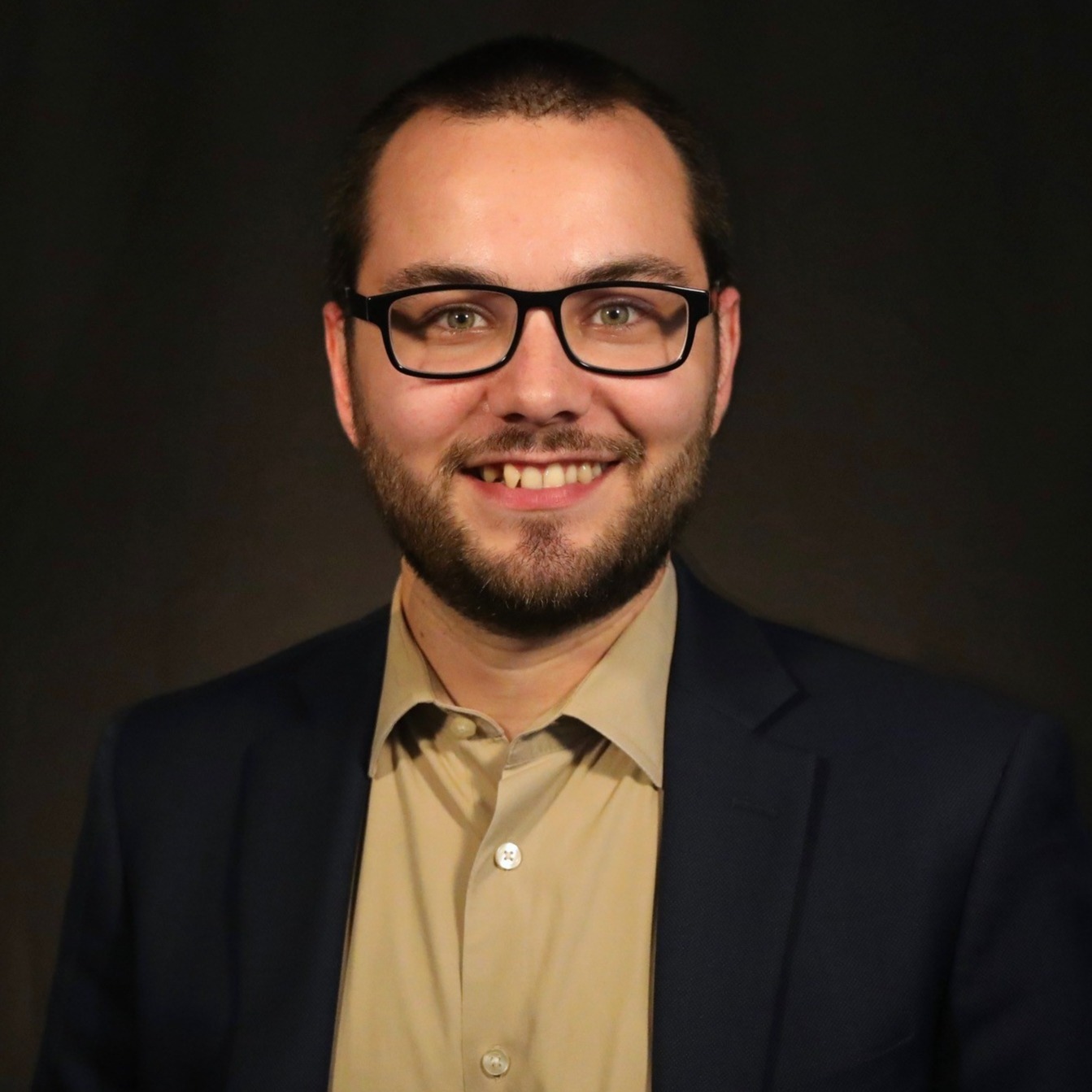Justin Grant
Geospatial Data Engineer,
Peraton
How did you get started in the IC/what inspired you to build a career in national security?
Before finishing my undergraduate degree, I accepted a government contracting position in a large Systems Engineering program, which supports the National Geospatial-Intelligence Agency (NGA). Ever since 9/11 shook our nation, I have felt compelled to contribute to the defense of our great nation. Peraton fulfilled that sense of duty by allowing me to work in national security and providing me with the opportunity to achieve my security clearance early and support the IC in my current role optimizing GEOINT data flow via transport and storage modeling/simulation.
What excites you the most about your job?
My role is a combination of Systems Engineering, Data Engineering and Geospatial Data Science. It focuses on developing complex, repeatable models that are used to establish a clear, concise story to share with leadership, which then informs concept of operations (ConOps) trades and architecture decisions.
I find the ability to apply the latest advances in open-source software and methodologies to meet IC mission needs very exciting. I particularly love the complex and unique challenges working with the IC brings to the role.
What do you predict will be the top IC issue/focus/trend in the year ahead?
From a GEOINT perspective, I believe these will be two of the top focus areas:
- (1) With the planned increase in GEOINT collectors, identifying what geospatial data could benefit the most from the augmentation of automated, assisted, analytics (AAA).
- (1a) Where the NGA should focus their artificial intelligence and apply machine-learning algorithms to deliver GEOINT at the pace warfighters and decision-makers need. I believe this area will require the instrumentation/collection of user behavioral data to curate content at scale using data science.
- (2) Balancing GEOINT data storage costs with mission needs through the optimization of transition policies between storage classes (online, near-online, offline).
Both areas are useful cases of data analysis/science, predicting future behavior using past data. Our team has begun prototyping models to support the NGA in these exciting (and interesting) areas using linear cost optimization and unsupervised/supervised machine learning (ML) algorithms.
What one piece of advice would you offer a student considering a career in the IC?
- Be ready to tackle new challenges
- Look for opportunities to leverage open-source methodologies to meet IC mission needs
- Ask questions; engage seniors/experts to extract tacit knowledge through various techniques, such as:
- Recording lessons learned
- Storytelling
- Guided experience (shadow experts, practice, partner, go forth)
What is your favorite movie/book/TV show/podcast?
Book: Ender’s Game. TV show: The Witcher. Currently binge-watching Seinfeld. Podcast: The Dan Patrick Show
I find the ability to apply the latest advances in open-source software and methodologies to meet IC mission needs very exciting. I particularly love the complex and unique challenges working with the IC brings to the role.
Justin Grant

